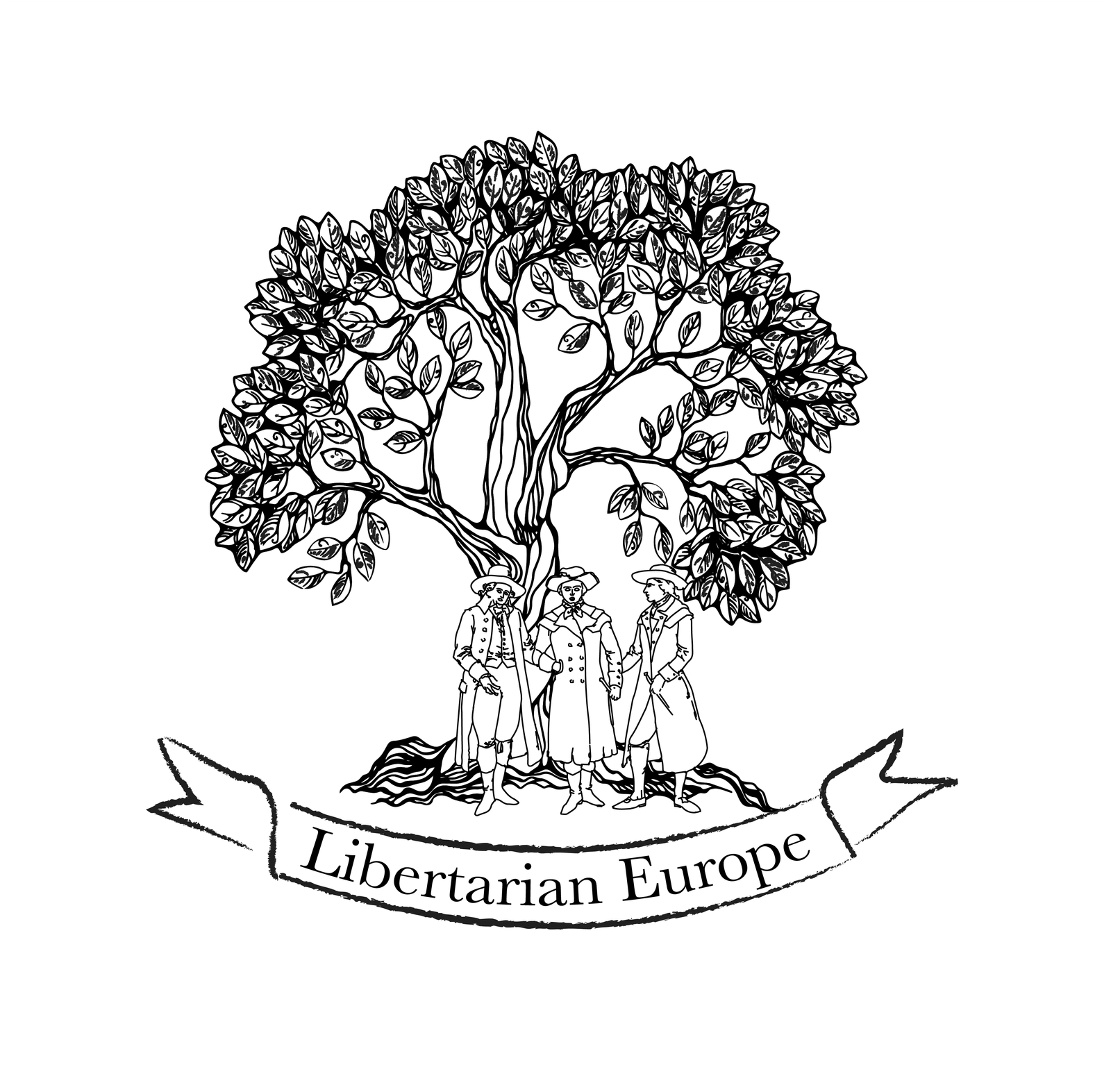
Is having children an act of aggression?
Recently, I encountered some comments on social media asserting that having children violates the non-aggression principle (NAP) and constitutes an authoritarian action. This view may appear illogical to many. However, it is not the first time I have encountered such arguments. What particularly surprised and motivated me to write this article is how some people struggled to counter this flawed argument, and even more concerning, how some were persuaded by its initial premise.
The argument claiming that being born without consent is authoritarian can be examined in terms of logical consistency and potential fallacies. Here are some points illustrating why this argument might be considered fallacious:
- Category Mistake: The The concept of ‘consent’ presupposes the existence of a conscious, decision-making entity. Before conception, a person does not exist and therefore cannot consent or withhold consent, therefore, applying the concept of consent to a state of non-existence is a category mistake.
- Non-sequitur: The conclusion (being born without consent is authoritarian) does not logically follow from the premise (one cannot consent to being born). Authoritarianism typically involves the exercise of authority or power in a manner that limits personal freedom or autonomy. Birth itself, as a natural process, does not involve the exercise of authority or power in this sense.
- False Analogy: Comparing birth to authoritarian actions creates a false analogy. Authoritarian actions typically involve existing individuals who have the capacity for decision-making and autonomy, whereas birth concerns bringing a new individual into existence, who previously had no capacity for consent or autonomy as this potential person did not exist.
- Reductio ad Absurdum: If we accept the argument that being born without consent is authoritarian, it leads to absurd conclusions. By this logic, every natural event that involves humans without their prior consent (such as growing up, aging, or natural death) could be considered authoritarian, which dilutes the meaning of authoritarianism.
In Libertarian theory, rights are viewed as natural rights that universally apply to all human beings. This theory, rooted in principles of self-ownership and non-aggression, asserts that every individual possesses inherent rights. A non-being, such as a potential person who does not yet exist, where the conception did not even happen, cannot be considered an individual and therefore cannot possess rights. This potential person lacks existence and the capacity to own their body in any form prior to being conceived. Consequently, there can be no aggression towards a non-being, as they do not exist to be acted upon. Rights are only conferred upon individuals once they come into existence, marking the beginning of their entitlement to rights.

